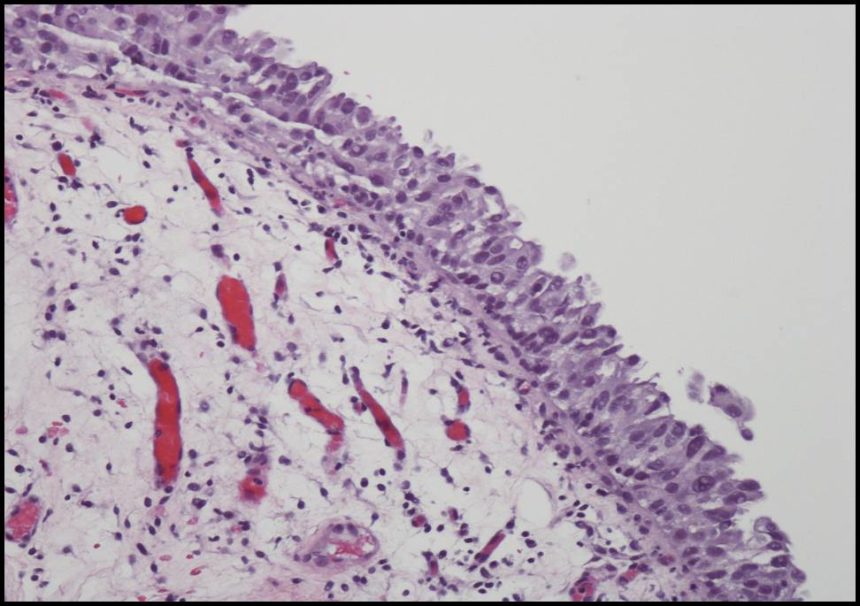Types of Genitourinary Cancer Explained
Genitourinary cancers affect men’s reproductive organs. On the other spectrum, gynecologic cancers affect women’s reproductive organs. Urinary cancers develop when abnormal cells divide uncontrollably into parts of the urinary tract systems, including the kidney, bladder, adrenal gland, urethra, and ureters. Phoenix genitourinary cancer can also affect major organs of the male reproductive system, which include prostate glands, testicles, and penis. Examples of genitourinary cancers include:
Prostate cancer
Most of the time, prostate cancers grow slowly and are confined to the prostate gland, where their effects may not be severe. While some types of prostate cancers develop gradually and need minimal treatment, others can be aggressive and spread quickly.
Like most cancers, prostate cancer may cause no signs or symptoms during its onset. However, as it advances, it may cause signs and symptoms like blood in urine, trouble urinating, blood in semen, bone pain, erectile dysfunction, and unintended weight loss.
Renal cell carcinoma
Renal cell carcinoma begins in the lining of the renal tubules and is the most common type of kidney cancer. Most often, this type of cancer affects older individuals, usually between ages 50 and 70. It starts as a growth in a kidney, but sometimes it begins with several tumors in both kidneys. Renal cell carcinoma is a serious disease, but early diagnosis and treatment make you more likely to be cured.
Renal cell carcinoma causes no obvious symptoms during the early stages. But as the disease worsens, you may have warning signs such as a lump in your belly or lower back, blood in your pee, fever, fatigue, night sweats, unintended weight loss, low back pain, anemia, and high blood pressure.
Bladder cancer
Bladder cancer is a common type of cancer that forms in tissues of the bladder – a hollow, muscular organ that stores urine. It most often begins in the cells that line the inside of your bladder (urothelial cells); these cells are also found in the kidneys and ureters. Although urothelial cancer can happen in the kidneys and ureters, it is more common in the bladder. Most of the time, healthcare providers diagnose bladder cancers at an early stage, when treatment is most successful. However, even when treated during the early stage, bladder cancers can come back after successful treatment. For this reason, physicians recommend follow-up tests for years, even after treatment, to look out for bladder cancer that recurs.
Testicular cancer
Testicular cancer refers to abnormal cell division in the testicles or testes. The testicles are located in the scrotum – a loose bag of skin underneath the penis and they make sperm and testosterone hormone. Testicular cancer is a less common form that can develop at any age but is most likely to occur between the ages of 15 and 45.
If you have testicular cancer, you may first notice a bump or lump on a testicle. The cancer cells can grow quickly and spread outside the testicles to other body areas.
If you have questions about genitourinary cancer, consult your doctor at Arizona Center for Cancer Care.


